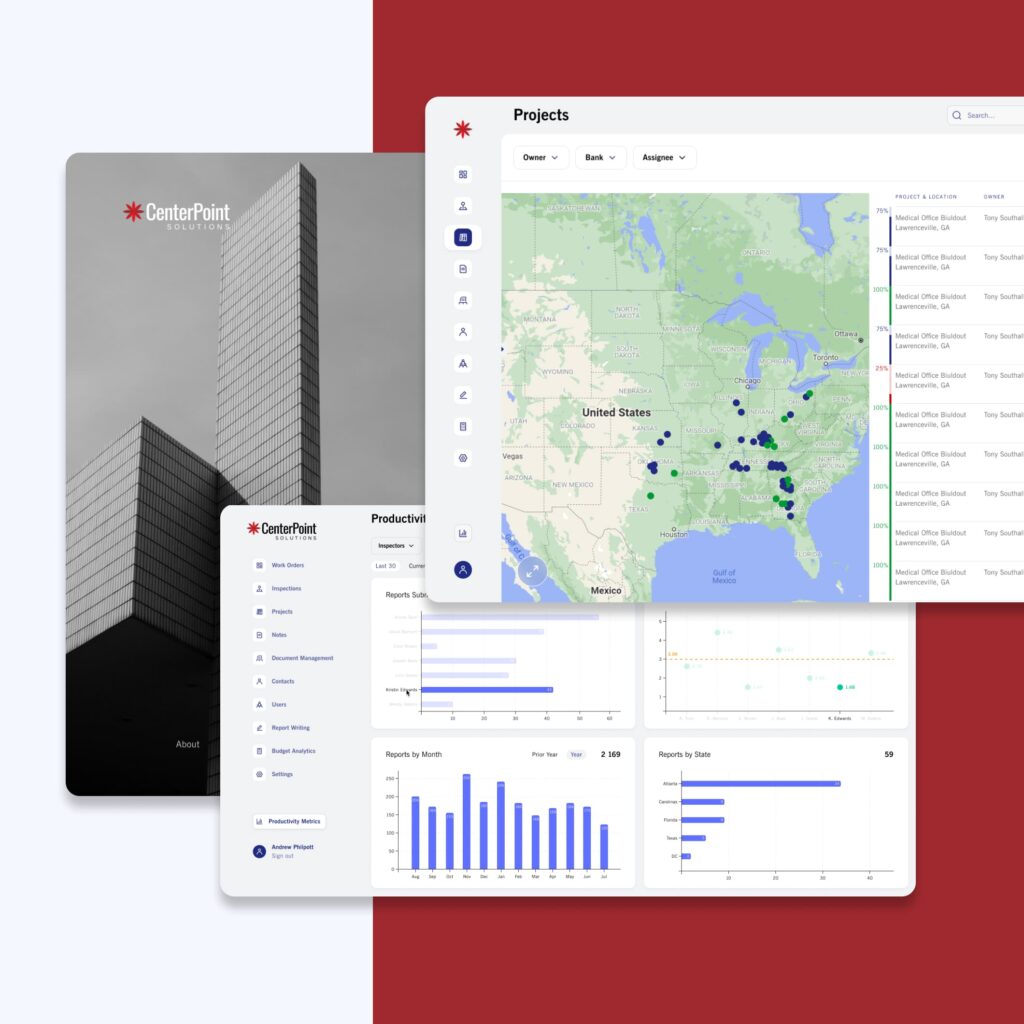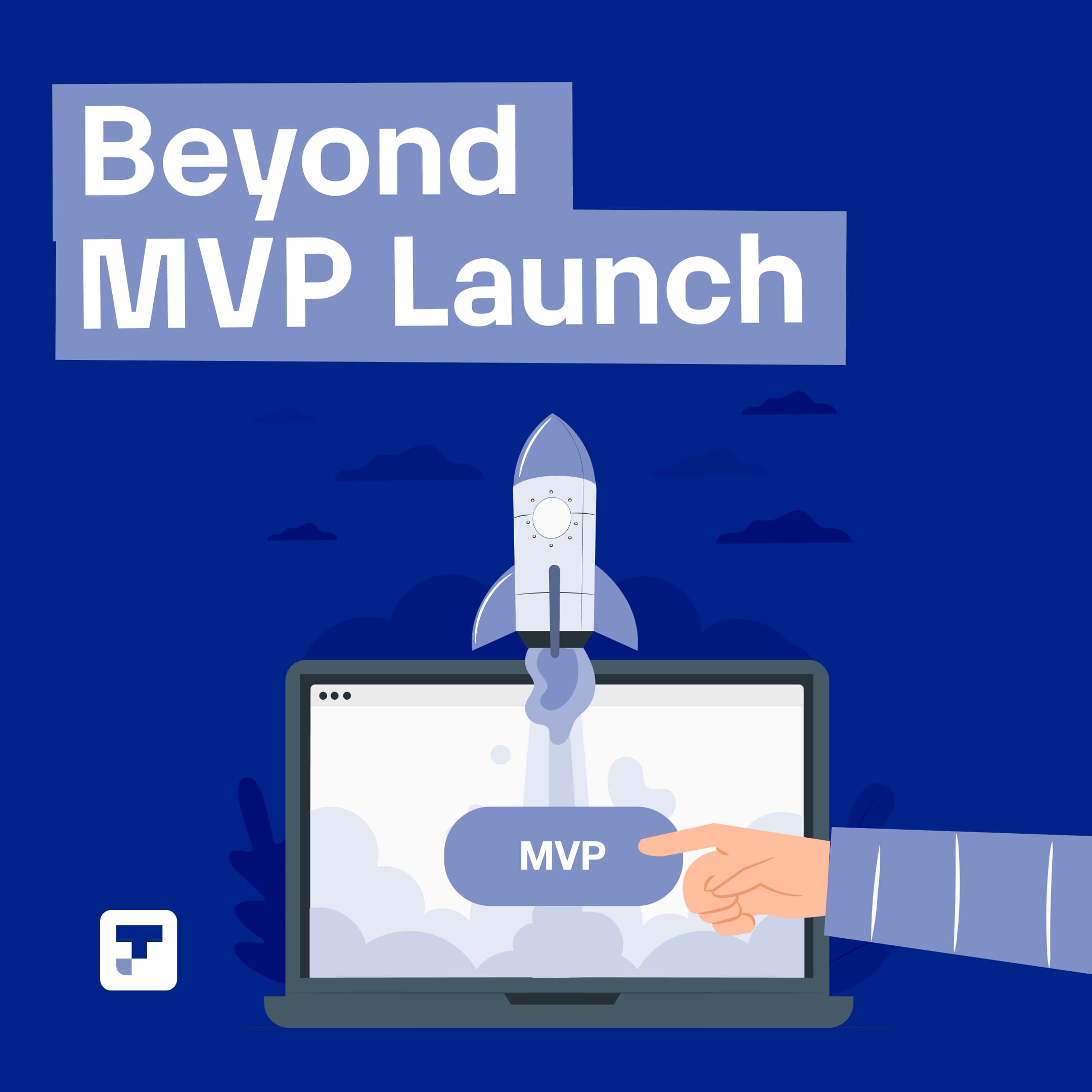Blog
Collecting Customer Feedback for Enhanced Product Decisions

In an era where the market is saturated with SaaS offerings, understanding the pulse of your customer base, and how to collect customer feedback for enhanced product decisions is not just an advantage; it’s a necessity.
Here lies the importance of customer feedback in steering product decisions.
There’s nothing worse than flying blind in product development, and today we’ll take a look at how to collect customer feedback and data, to understand what your customers and users are thinking, feeling, and doing.
Quantitative vs. Qualitative Data: A Dual Approach
Quantitative data is made up of metrics. A common example is the Net Promoter Score (NPS), which calculates customer satisfaction. It quantifies the likelihood of your customers recommending your solution to others on a scale of 1 to 10.
Beyond NPS, businesses can employ different types of surveys to gauge satisfaction with specific features or to gather general feedback, providing a solid foundation for understanding customer sentiment.
For a more interactive approach, consider incorporating QR codes linked to surveys on product packaging or receipts. We’ve seen services like Uniqode allow for easy QR code creation and data tracking, enabling you to gain valuable customer insights directly at their point of interaction
However, the narrative doesn’t end with numbers. Qualitative feedback from customer support requests, feature requests, and dedicated customer sounding boards presents a nuanced understanding of customer needs.
A customer sounding board can be seen as a forum where you get your customers together to share feedback or opinions on your product
These insights often gathered through user testing sessions, illuminate the user experience, highlighting potential onboarding and activation challenges.
The Art of Collecting and Interpreting Feedback
The multitude of feedback channels demands a strategic approach to collection and interpretation. Modern customer support tools integrate survey functionalities, while product management platforms offer specialized features for feedback aggregation.
The rise of AI in software development promises to revolutionize the way we extract insights from feedback, automating the analysis to uncover valuable patterns.
Tools such as June.so, Mixpanel, Userpilot, and Hotjar stand out in this landscape.
Hotjar, in particular, offers a window into the user’s journey on your platform, recording interactions to reveal areas of confusion or interest.
This level of insight is indispensable for refining the user experience and ensuring that your product evolves harmoniously with customer expectations.
The Strategic Use of Customer Feedback
The strategic incorporation of customer feedback into product development cycles is more than a best practice; it’s a lifeline to survival in a competitive market.
By balancing quantitative metrics with qualitative insights, businesses can craft a user-centered product roadmap that resonates with their target audience.
This approach mitigates the risk of misaligned product features and fosters a culture of continuous improvement and customer-centric innovation.
Understanding and integrating customer feedback is the cornerstone of successful product development.
As you navigate the complexities of the SaaS landscape, it’s important to remain steadfast in our commitment to listening, learning, and evolving with our customers.
Interested in learning more about how to make better product decisions and scale your software or product?
Read more


Case study:
Centerpoint Solutions
How Centerpoint grew to manage 500 commercial construction projects per month in 12 mo...

Building Better Products: The Questions You Should Be Asking Your Development Team

How to Develop Blockchain App: Step by Step Guide

Moving Your MVP to the Next Stage of Growth

When You Need a Technical Co-Founder and When You Don’t
Create a free plan for growth
Speak to Victor and walk out with a free assessment of your current development setup, and a roadmap to build an efficient, scalable development team and product.
“Victor has been great. Very responsive and understanding and really knows his stuff. He can go the extra mile by tapping into his prior experiences to help your company out. Really enjoyed working with him.”
Founder of Agency360

Victor Purolnik
Trustshoring Founder
Author, speaker, and podcast host with 10 years of experience building and managing remote product teams. Graduated in computer science and engineering management. Has helped over 300 startups and scaleups launch, raise, scale, and exit.